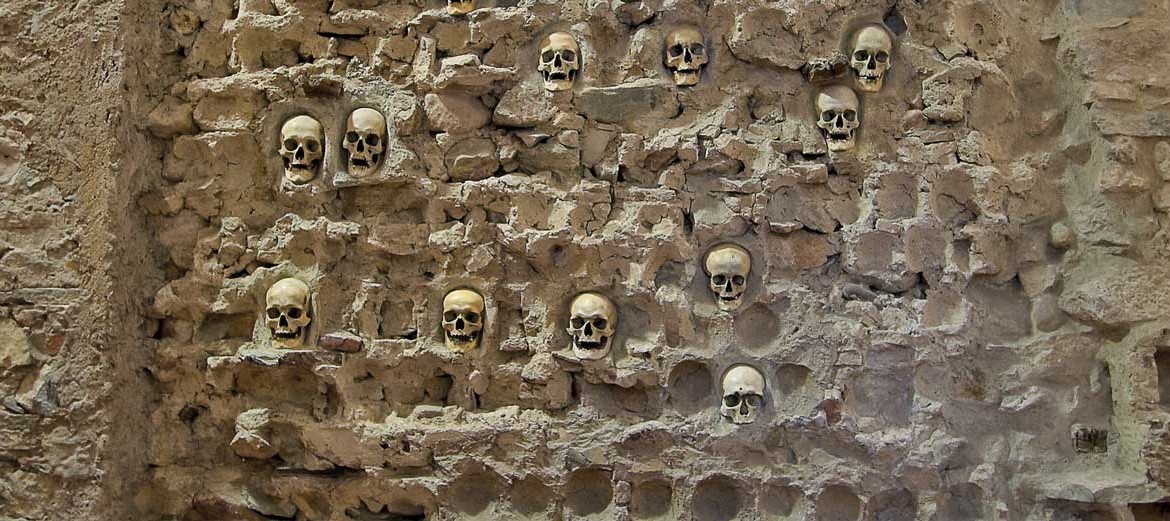The Skull Tower, known as “Ćele Kula” in Serbian, near the city of Niš in Serbia, stands as a chilling and somber reminder of a turbulent period in Balkan history. Constructed by the Ottoman Empire in the aftermath of the Battle of Čegar in May 1809, during the First Serbian Uprising, it serves as a poignant memorial to the sacrifices made by Serbian rebels and the brutality of war.

The Battle of Čegar was a significant conflict in the struggle for Serbian independence from Ottoman rule. Serbian rebels, led by commander Stevan Sinđelić, fiercely resisted the Ottoman forces but were eventually overwhelmed. In a desperate act to avoid capture, Sinđelić ignited the gunpowder storage, resulting in a massive explosion that killed both the Serbian rebels and the Ottoman soldiers.

In a macabre display of power and intimidation, the Ottoman authorities constructed the Skull Tower using the skulls of fallen Serbian rebels. The tower was built with mortar and embedded with 952 skulls, forming a haunting and grisly monument. The intention was to instill fear and deter future uprisings by showcasing the consequences of rebellion.
Over time, the Skull Tower has become a symbol of Serbian resistance and national identity. It serves as a potent reminder of the sacrifices made by those who fought for freedom and independence. The tower stands as a testament to the resilience and determination of the Serbian people in their struggle against oppression.

The preservation and commemoration of the Skull Tower have been of great importance to the Serbian people. Efforts have been made to protect the site and honor the memory of the fallen rebels. A chapel was built adjacent to the tower, providing a solemn space for remembrance and reflection.
Today, the Skull Tower stands as a historical and cultural landmark, attracting visitors from around the world. It serves as a stark reminder of the horrors of war and the indomitable spirit of those who fought for their beliefs. The presence of the tower is a testament to the enduring importance of preserving historical sites that bear witness to the struggles and triumphs of humanity.
The Skull Tower near Niš stands as a somber testament to the sacrifices made during the First Serbian Uprising. It serves as a powerful reminder of the price of freedom and the resilience of the human spirit in the face of adversity. The preservation and remembrance of this haunting monument ensure that the stories of those who fought for independence are not forgotten and continue to inspire future generations.